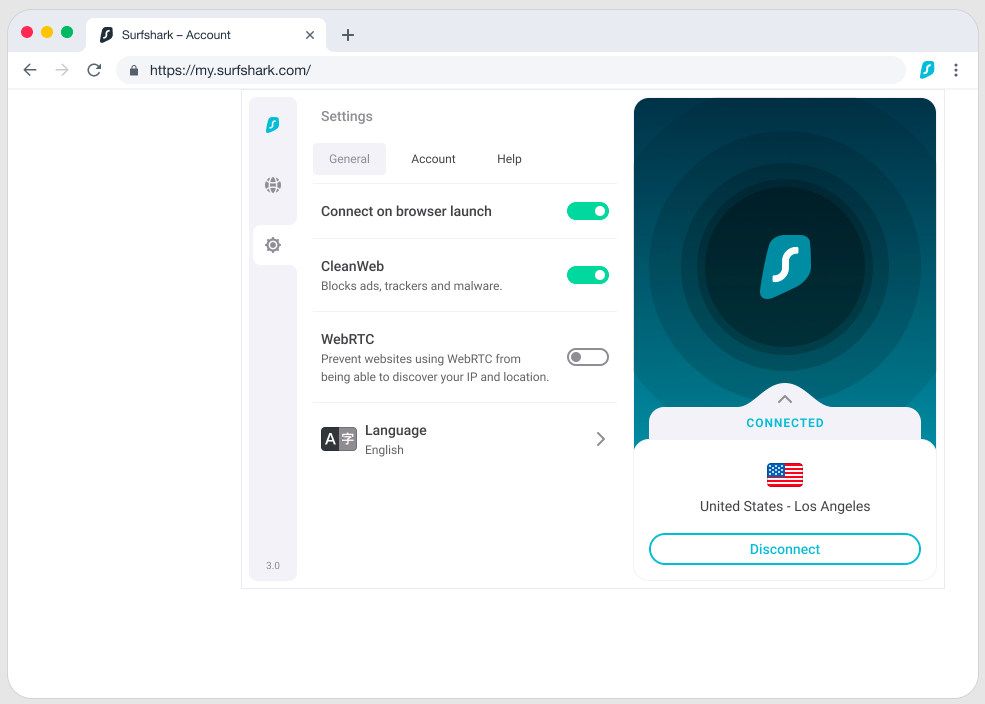The first steps to becoming Anonymous online is knowing where your information can. come from. This information can be anything from your name or your social security number. So where can this information be located? There are multiple websites that sell your data for “background checks” they sell to companies or anyone who wants your information. This can include your address your age, your ethnicity and any type of property you own. While most of this data is public information from government websites, the pooling of the data can be stopped if you approach it correctly.
Become Anonymous by First Knowing Where your Data Comes From
Becoming anonymous on requires a fundamental understanding of the sources of your personal data and taking proactive steps to protect your privacy. One platform that offers access to an extensive range of public records is “Whitepages.” By allowing users to search for individuals based on their name, phone number, or address, Whitepages can potentially expose sensitive information, including home addresses, phone numbers, and even the names of family members. By visiting Whitepages and similar platforms, individuals can gain insights into the extent of their personal information available to the public.
To counteract the potential misuse or sale of personal data, it is essential to take measures to safeguard privacy. One effective approach involves utilizing the paid services offered by data providers like Whitepages. These services often provide options for users to remove or restrict the visibility of their personal information. By subscribing to these paid services, individuals can exercise greater control over their privacy and limit the dissemination of their data.
Exploring privacy-focused alternatives to popular search engines and social media platforms can significantly contribute to maintaining anonymity online. DuckDuckGo, for instance, is a search engine that prioritizes user privacy by abstaining from tracking or storing personal information. By utilizing DuckDuckGo or similar search engines, individuals can ensure that their search history remains confidential and their privacy remains intact. Similarly, social media networks such as Signal or Telegram prioritize end-to-end encryption, protecting user data from unauthorized access or exploitation.
However, it is important to note that safeguarding privacy is an ongoing process that requires continuous effort. Regular monitoring of one’s online presence, reviewing and adjusting privacy settings on various platforms, and exercising caution when sharing personal information are all vital steps in minimizing the risk of data being sold or misused.
Apart from utilizing paid services and exploring privacy-oriented platforms, there are other practical measures individuals can take to enhance their online anonymity. For instance, using virtual private networks (VPNs) can add an additional layer of security by encrypting internet traffic and masking the user’s IP address. VPNs make it significantly more challenging for third parties to track online activities and identify the user’s location.
Individuals can also consider using disposable email addresses or pseudonyms when signing up for online services or platforms. This practice helps to obscure the user’s true identity and makes it more challenging to link online activities to their real-life persona.
While efforts to protect online anonymity primarily focus on individual actions, advocating for stronger data protection regulations and supporting privacy-oriented initiatives can bring about systemic changes. By supporting organizations and policies that prioritize user privacy and data security, individuals can contribute to creating a safer and more anonymous online environment for everyone.
Delete your Data
Once you find were your data is being hosted like white-pages or even on google you need stop them from sharing your information. We will write out the steps that can work for any website that you might be skeptical of.
- Review the website’s privacy policy: Check the website’s privacy policy to understand how they collect, store, and handle personal data, as well as their data retention policies. Look for information on data deletion or removal procedures.
- Locate the website’s contact information: Find the website’s contact details, such as email address, physical address, or a dedicated privacy contact.
- Prepare your request: Clearly state that you want your personal data to be deleted from their records. Provide specific information like your full name, email address, username, and any other relevant details to help them locate your data.
- Send your request: Compose an email or use the contact information provided by the website to submit your data deletion request. If there is a specific process mentioned in the privacy policy, follow those instructions.
- Follow up if necessary: If you don’t receive a response or action within a reasonable timeframe, consider sending a follow-up inquiry or contacting the website through another available channel.
With a more in depth analysis on how to make your IP address and take other steps to anonymize your web traffic check out these post, (Here) , (Here), (Here)
Why BitBox is Great for the New USB-C Age
What is BitBox? Well if your new to the internet or don’t know anything about…
Can Microsoft read the data in your files?
Companies, Governments and privacy gurus (myself) are becoming 10x more risk averse when it comes…
How to Remove Metadata from your Photos
Metadata is a huge culprit when it comes to privacy online. Anything you create or…
What is the Best Router to Buy?
Having the best WiFi modem in your hands is not just a luxury; it’s a…
Are You Allowed to Own a Wifi Jammer?
The technology environment is getting larger and cheaper day by day. This type of growth…
Does your W-2 spy on you?
With Hybrid work and work from home becoming more prevalent after Covid-19, corporate life is…




